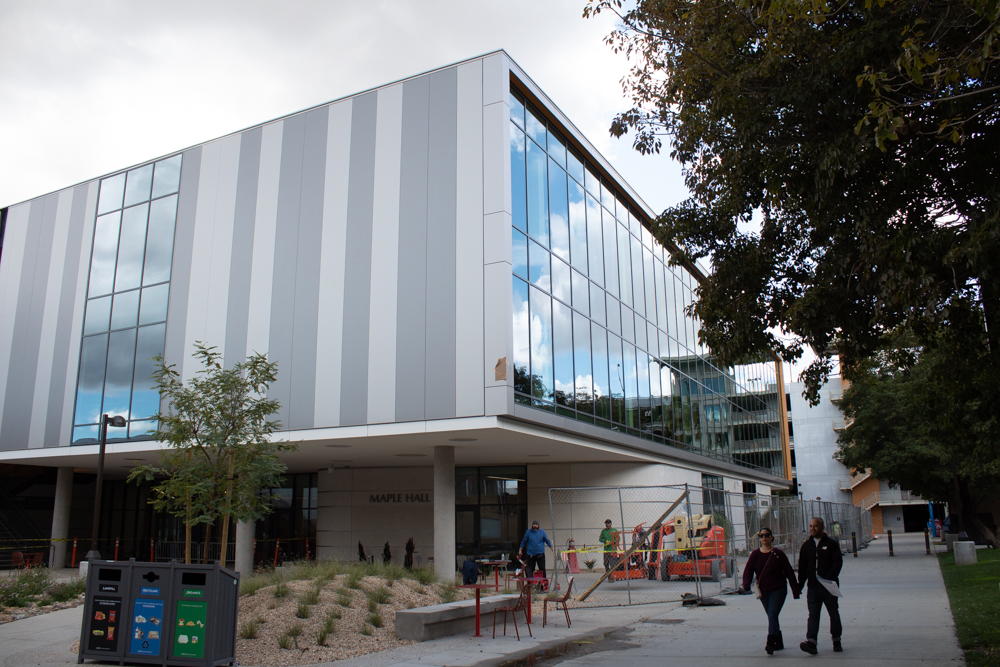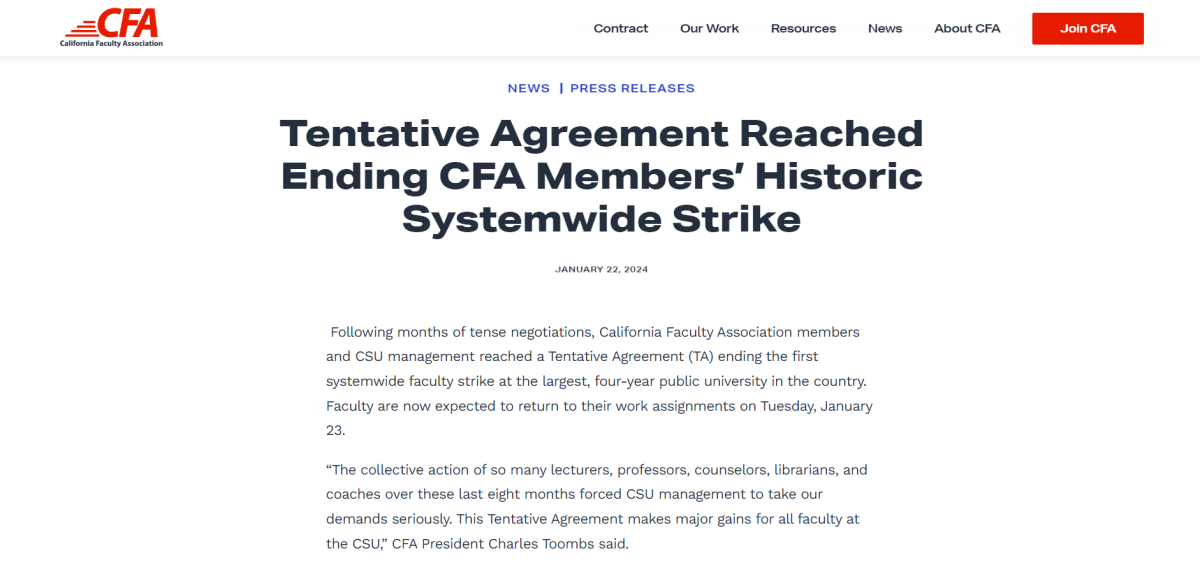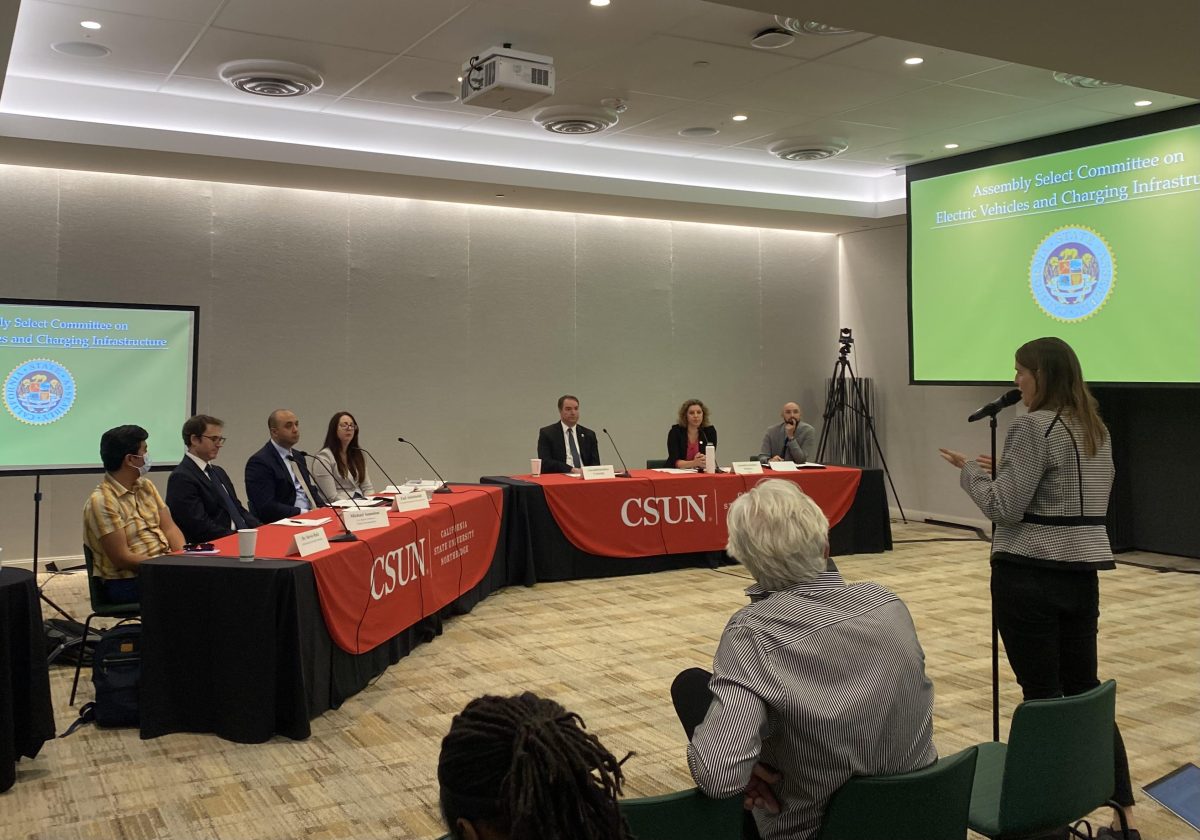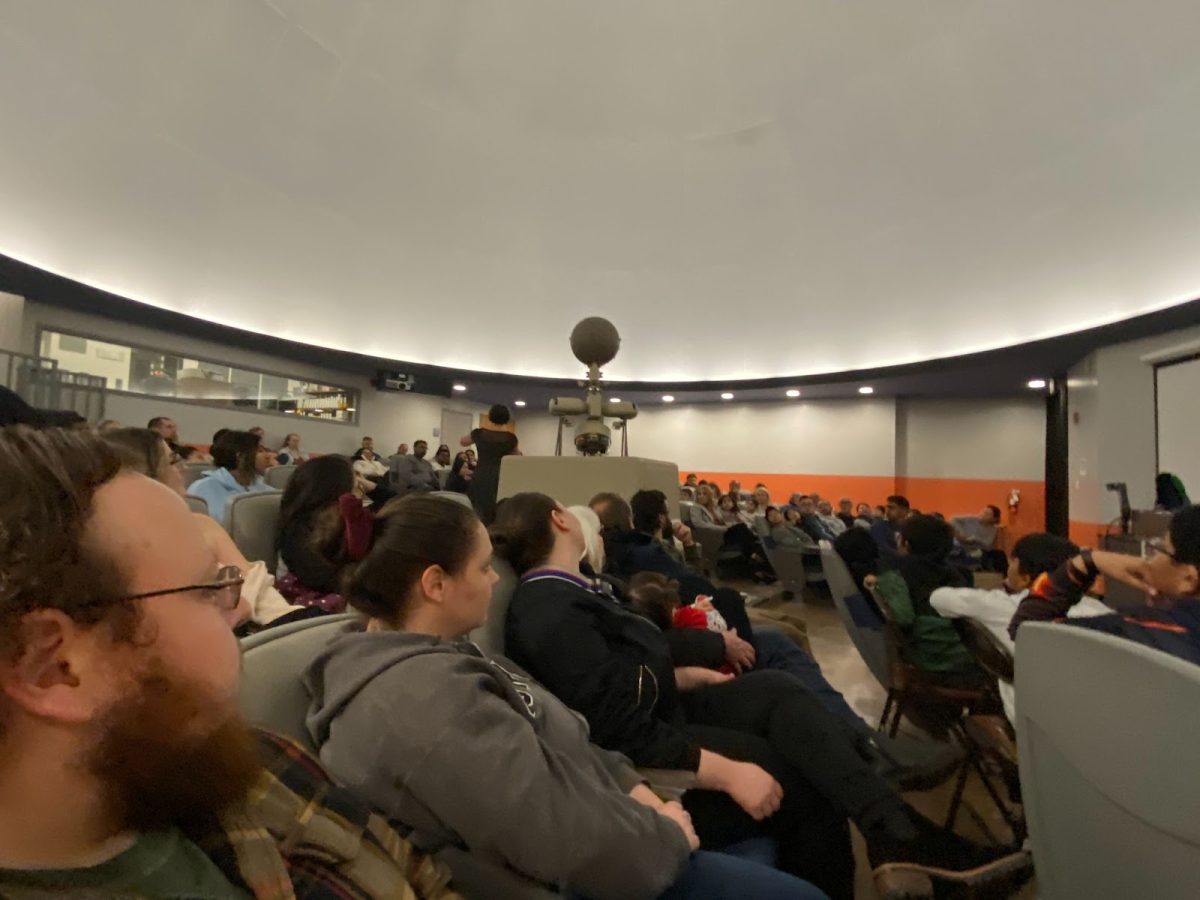A conference held Tuesday morning introduced Assembly Bill 393, The Student Protection Act, as a possible solution to the increases in tuition and student fees among the California State University and community college systems.
California State Assemblywoman Sharon Quirk-Silva authored and introduced the bill as a way to address the growing financial difficulties that many students in the public higher education system have been facing.
“We know now more than ever that our students are struggling to pay their rents, to be able to work to pay for food and other essentials, but also to go to college,” said Quirk-Silva.
The bill stemmed from the need to reduce student costs and debt related to receiving an education within the California public higher education system. The bill outlined several studies that show how the increase in tuition would contribute to the number of difficulties that students within California public higher education are facing.
According to a study from the CSU Chancellor’s office, 1 in 10 CSU students are homeless and 1 in 5 may not always have food. Due to the increase in need, many CSU campuses, including CSUN, have created food pantries on campuses for students and faculty.
Quirk-Silva, a student of the community college and CSU system, initiated the bill because of her own experiences as an educator for the past 30 years.
AB 393 is requesting that the tuition and statewide fees charged to CSU students and enrollment fees charged to community college students remain at the amount they were as of December 2016. If approved, costs will not be reconsidered for an increase until the end of the 2019- 2020 academic year.
Although the bill is only outlining specific details for CSU and CC’s, it suggests that the University of California Regents propose similar actions to halt tuition increases for students.
Quirk-Silva acknowledged that there are other important items for the legislatures to consider for budget increases like transportation or housing in addition to education but if students do not have degrees, they will not be able to execute the jobs in those sectors.
“An investment in education is an investment in our future,” said Quirk-Silva.
AB 393 is in the early stages of development and will be looked at by legislatures, politicians, and Governor Brown as it is finalized. If it is passed, there will have to be budget adjustments made elsewhere within the state budget, but Quirk-Silva does not have a clear idea of how much it will cost or what areas will have cuts.
Dr. Kevin Wehr, a sociology professor at Sacramento State, expressed his sentiments about professors “being on the frontline of higher education” because they work with students closely and are witness to the difficulties they face while trying to receive their educations.
Wehr emphasized the state’s lack of funding and legislators’ willingness to increase tuition rather than find solutions to help stop tuition increases.
“Every fee increase and every tuition hike means that our students have to take on extra shifts at work, they have to work longer hours, sometimes they even have to take on additional forms of employment,” said Wehr. “I’ve even had students who had to leave the university because of tuition increases that were not offset by financial aid.”
Isiah De La Cruz, a sophomore at CSU East Bay, provided the student perspective at the California Faculty Association sponsored conference.
“I work 3 jobs, take 16 to 17 units each quarter, and I have a beautiful baby daughter,” said De La Cruz. “Two hundred and seventy dollars is 8 cans of baby formula. It may not sound like a lot to a legislature or a trustee with a six figure salary but to a student in the CSU system, $270 means more than you could imagine.”


















